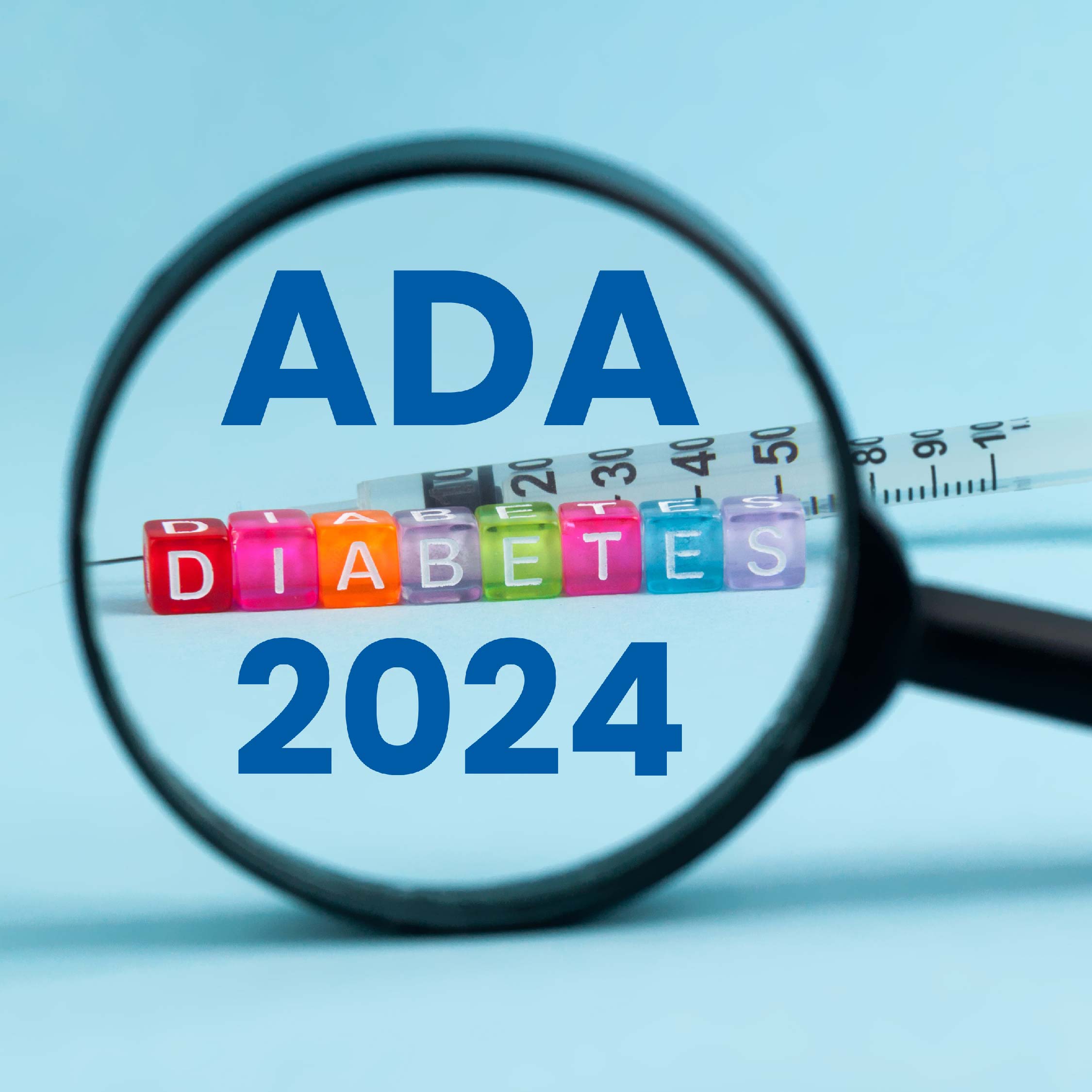It is recommended by recent diabetes guidelines that while choosing a glucose-lowering therapy, there should be a differentiation of major atherosclerotic CVD event (MACE) risk from heart failure hospitalization (HHF) risk. The data presented below evaluates whether it is possible to follow this differentiation using separate MACE and HHF risk scores and if these scores can identify groups which can potentially benefit glucagon-like peptide-1 receptor agonist (GLP-1RA) or sodium-glucose cotransporter-2 inhibitor (SGLT2i) treatments.
The data pertaining to incidence rates of cardiovascular outcomes was obtained from CVD outcomes trials (DECLARE-TIMI and EMPA-REG OUTCOME; SAVOR-TIMI also provided TRS-HFDM-stratified rates). The published relative risk reductions with GLP-1RA (HR=0.86 for MACE; 0.89 for HHF) and SGLT2i therapy (HR=0.90 for MACE; 0.68 for HHF) were applied to the pooled event rates to estimate overall (MACE+HHF combined) reductions in CVD events within MACE and HHF risk groups.
The findings from this analysis showed a disproportionate increase in the rates of HHF more than MACE with progressively higher CVD risks according to both scores i.e. HHF was uncommon relative to MACE at low-intermediate HHF risk (18% of the rate of MACE), as well as at low MACE risk (19%). But incidence of HHF increased to 61% of MACE incidence at highest HHF risk, and 51% of MACE incidence at highest MACE risk.
There were similar estimated GLP-1RA- and SGLT2i-mediated reductions in CVD events at low-intermediate MACE or HHF risk but, there was a tendency to favor SGLT2is at higher risk levels of both scores.
From this analysis, it can be understood that HHF is relatively uncommon in low-intermediate CVD risk settings. Thus, both GLP-1RA and SGLT2i treatment might offer similar CV protection. But the greater rise in HHF relative to MACE with progressively higher CVD risk, indicating that SGLT2is may offer greater CVD protection in those at highest CVD risk and not just in those at highest risk of HHF alone.
Oral Presentation # 811 Session: SO 71, European Association for the Study of Diabetes (EASD) International Congress 2022, 19th – 23rd Sept. 2022, Stockholm




